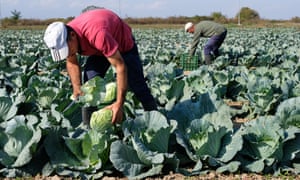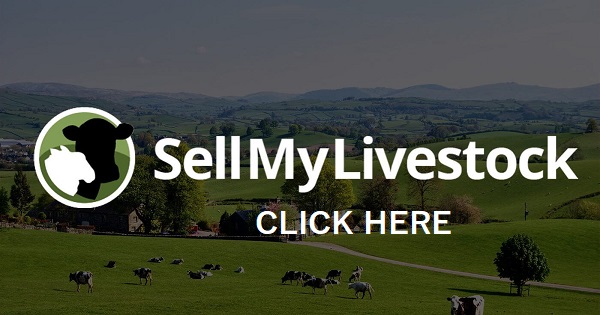Vegan Farming – We need to do it Locally. “An olive orchard cultivated in a conventional manner is a bloody wound in nature,” declares Johannes Eisenbach as he drives – fast – south along the gleaming new Greek motorways towards Kalamata. The olives are harvested, the branches are burned, and all these nutritional elements leave the olive grove and never return.
Eisenbach is an ebullient German with a Bluetooth receiver in his ear, constantly switching between Greek, German and English as he takes calls from big German supermarkets including Lidl. He runs the Organic Marketing & Export Network, a group of 800 Greek and Cypriot organic farmers who sell to northern Europe. He’s also the accidental inventor of a new kind of compost that could kick-start vegan farming.

It is dawning on many vegans that although they eschew eating animal products, the fruit, vegetables and cereals they consume are grown with animal manure. Factory-farmed animal waste may contain antibiotic residues but even organic farmers have long argued it is not possible to maintain soil fertility without animal manure. Could Eisenbach’s invention change that?
Twenty-three years ago, seeking to better use wasted olive branches on his employer’s Greek farm, Eisenbach began a small trial, mixing olive leaves, olive cake – the dry residue after olives have been mechanically pressed – and grape pomace, the leftovers from local vineyards. He produced 80 tonnes of compost, which worked well.
A few years later, a crisis in his employer’s business forced him to devote his energies to establishing the organic network. Too busy to sell his compost, Eisenbach grew vegetables on it. He assumed the crops would eventually exhaust the compost. Oddly, however, as the compost aged, his vegetable yields got bigger and bigger.

He dispatched old compost for laboratory tests. The lab scientist phoned him, baffled: he’d never seen such strange material. Nitrogen levels were unusually high for a compost; it also held moisture uncharacteristically well and released pure water – no nitrates washed out as they do with conventional, water-soluble fertilisers.
Eisenbach shows me his small plant on the edge of Kalamata where he makes what he calls biocyclic humus soil. There’s one small shed, two employees, and 12 long hummocks of black soil tended by a mini-tractor – a purpose-built Swiss composter. He first mixes grape pomace, olive leaves and olive cake. The temperature must be above 56C to kill harmful micro-organisms. For a month, the mini-tractor churns the compost like a whisk and adds water daily. For another three months, the compost is turned weekly to enter the first stage of “ripeness”.
Demand for ‘vegan’ fruit and veg
Farmers are rightly suspicious of “miracle” products but the humus soil is bearing fruit on farms beyond Eisenbach’s compost plant. His work has helped created a new global certification, the biocyclic vegan standard, for crops grown only with plant-based fertilisers.
“There are a lot of biocyclic vegan products on the market already but people don’t know that they were actually grown vegan,” says Axel Anders, the Berlin-based coordinator for Biocyclic Vegan Agriculture. “It’s like organic farming 40 years ago. We experience the same resistance. People say using plant-based composts doesn’t work; even organic farmers have the same attitude.”

Farms and fruit orchards in Greece and Cyprus have been among the first to adopt its new certification, growing produce for export to German, Austria and the Netherlands, where there is increasing demand for “vegan” fruit and veg.
On the sunny plains of Northern Greece, groves of peaches and nectarines mingle with rectangles planted with potatoes and courgettes. Orange orbs of hokkaido squash ripen as birds sing in thick hedges. A luxuriant field of broccoli dances with scores of large white butterflies.
The abundance of bird and insect life is unusual and Óthon Grigoriádis and his daughter, Stephanie, do not resemble typical farmers. Grigoriádis is a studious engineer and wears a smart shirt; Stephanie wears luminous trainers and sportswear. Their farm, Oiko Bio, is organic and now has the biocyclic vegan standard too.
Source: Rise of the Vegan Vegetable Farmers
More Vegetable Farming
Vegan Farming – We need to do it Locally
Keywords for this post:
Farming South Africa
Farming Magazine South Africa
Online Farming Magazine South Africa
Agriculture South Africa
Farming News South Africa
South Africa Farming

